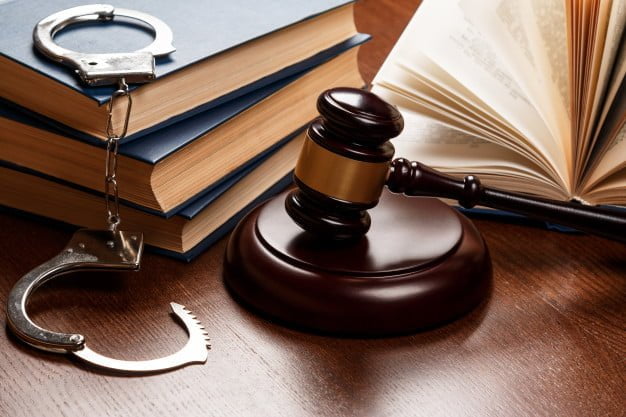What Happens to a Case if There Is a Hung Jury?
by Mashum Mollah Legal 13 September 2020

It’s not unusual if you’ve never heard of a hung jury, seeing how the term is used in jargon among court officials and attorneys. Most people who have not had contact with the criminal law (or court procedural dramas) can go their whole lives without knowing or needing to know this term.
However, its alternate name may give up what this term actually means to just about anyone – a deadlocked jury. Essentially what happens is that the jury cannot reach a consensus and don’t agree on the verdict. We asked a San Diego criminal attorney from Monder Criminal Lawyer Group to share with us what the common practice is when this happens.
The First Steps
When the jury is asked to reach a verdict for the first time, they retire to a room where they will discuss the aspects of the case and share their opinions. Finally, they will cast their votes to ‘guilty’ or ‘not guilty’ verdict.
Seeing how a jury consists of 12 people, it is possible that they will come to an impasse – neither side having enough votes to be considered the winner.
In those cases, the jury presents their decision to the judge. In most cases, the judge will ask the jurors to go back and discuss the matter further until one side or the other is convinced to change their mind.
However, this cannot go on indefinitely. In fact, the judge will ask the jury to reassess their position only once or twice. This instruction has a name and a precedent – the Allen charge.
A Mistrial
If the deadlock persists, and the jury cannot be swayed one way or the other, the judge will eventually have to call for a mistrial according to the Penal Code of California, sections 1140 and 1141.
Even though a mistrial sounds like a great thing for the defendant, it is not always the case. A mistrial doesn’t mean that the defendant is acquitted, but it means that they are not found guilty.
The Next Step
What happens next is largely up to the prosecution. In most criminal cases, the prosecutor will be the district attorney and they need to decide if they want to push for another trial or if they are going to drop the charges.
In cases where the prosecution’s case has been shown to be majorly flawed, they might be more inclined to let the case go, whereas in other cases, they will demand a retrial and the whole process will start again.
What Your Criminal Defense Attorney Can Do
If there is a mistrial due to a hung jury, both the prosecution and the defense have the chance to question the jury and glean their motives why they voted one way or another. If your defense lawyer is skilled enough, they can use what they learned from the current jury to bolster your case if the case is retried.
Additionally, having more time to prepare for the case and find more information is always welcome, particularly if your attorney is meticulous.
Even though there are numerous reasons why a trial may be brought to a mistrial, a hung jury is probably the only one that is largely out of your and your attorney’s hands. Still, it can provide some respite and the much needed psychological encouragement in a situation like that.
Read Also:



































































































